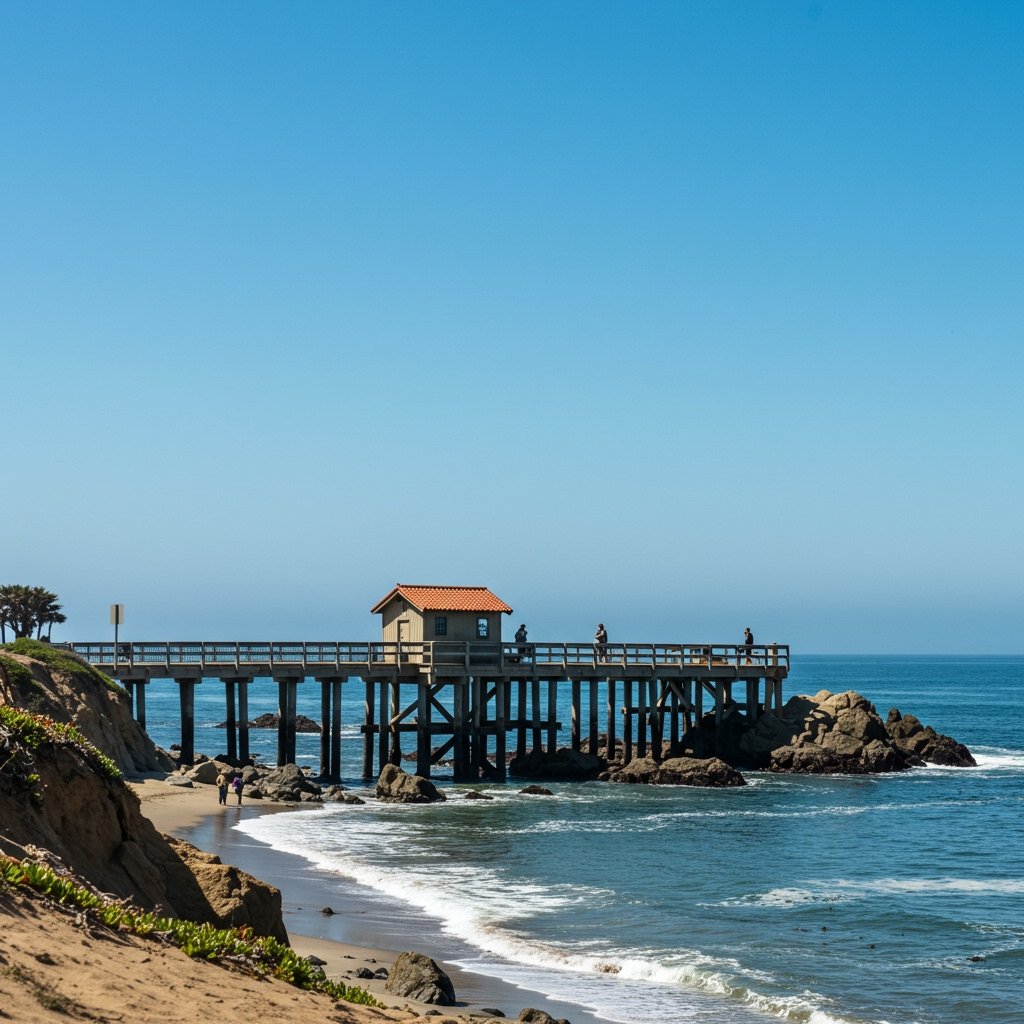California Attorney General Initiates Sweeping Investigation into Oil Spill Response
SACRAMENTO, CA – California Attorney General Sarah Chen today announced a formal and comprehensive investigation into the response actions following a recent oil spill that originated from an offshore pipeline near Refugio State Beach. The incident, which occurred on April 15, 2025, released an estimated 10,000 gallons of crude oil, causing significant ecological damage and impacting sensitive coastal habitats along the Santa Barbara County coastline.
The Attorney General’s office will conduct a thorough review of the actions and communication timelines of Pacific Energy Corp., the operator of the pipeline, as well as various relevant state agencies involved in the spill response. The decision to launch this probe comes amidst mounting pressure and serious concerns raised by environmental watchdogs, notably the Coastal Conservation Alliance, regarding what they describe as critically delayed containment efforts in the crucial initial hours and days following the spill.
The Scope of the Investigation
Attorney General Chen stated that the primary objective of the investigation is to rigorously determine potential violations of state environmental laws that may have occurred in connection with both the spill itself and the subsequent cleanup and containment operations. Furthermore, the probe seeks to ensure that all responsible parties are held accountable for the full extent of the ecological and economic damage inflicted upon California’s precious coastal environment and the communities that rely upon it.
“Our coastline is a national treasure, and the recent oil spill near Refugio State Beach is a stark reminder of the environmental risks associated with offshore energy infrastructure,” Attorney General Chen said in a prepared statement. “We are launching this investigation to get to the bottom of what happened and, critically, to scrutinize the response. Were protocols followed? Was communication effective? Were resources deployed with the necessary speed and coordination? The public deserves answers, and our office is committed to ensuring accountability and preventing future disasters of this magnitude.”
Details of the Spill and Initial Response Concerns
The spill on April 15, 2025, occurred when a leak was detected in an offshore pipeline situated several miles off the coast near the popular Refugio State Beach. While the estimated volume of 10,000 gallons is smaller than some historical spills, it nonetheless spread across a significant area, impacting beaches, intertidal zones, and marine wildlife habitats. Initial reports indicated that the leak was detected in the late morning, but concerns were quickly raised by local residents, environmental organizations, and first responders about the pace and effectiveness of the initial containment boom deployment and skimming operations.
The Coastal Conservation Alliance was among the most vocal critics, issuing press releases and public statements detailing their observations of oil spreading rapidly along the coastline before robust containment measures appeared to be fully operational. They specifically pointed to perceived delays in notifying relevant state agencies and mobilizing specialized spill response vessels and equipment. These concerns were echoed by some local officials who witnessed the immediate aftermath.
Scrutinizing Pacific Energy Corp. and State Agencies
The Attorney General’s investigation will meticulously examine the actions taken by Pacific Energy Corp. from the moment the leak was first detected. This includes their internal protocols for leak detection, shutdown procedures, notification timelines to regulatory bodies, and the immediate steps taken to halt the flow of oil and initiate cleanup. Investigators will pore over company records, internal communications, and operational logs.
Equally critical to the probe are the actions of relevant state agencies with responsibilities in oil spill response, including the California Department of Fish and Wildlife’s Office of Spill Prevention and Response (OSPR), the California Coastal Commission, and others. The investigation will evaluate the timeliness of their notification, the coordination between agencies, the adequacy of their response plans, and the effectiveness of their oversight of Pacific Energy Corp.’s efforts. Communication logs between the company and state agencies will be a key focus to understand if information flowed efficiently and accurately, and if decisions were made promptly based on the unfolding situation.
Legal Ramifications and Accountability
The potential violations of state environmental laws under investigation could include breaches of the Lempert-Keene-Seastrand Oil Spill Prevention and Response Act, the California Coastal Act, and other statutes designed to protect the state’s natural resources. These laws impose strict requirements on pipeline operators regarding safety, spill prevention, and response readiness, as well as outlining the duties of state agencies in managing such events.
The goal of ensuring responsible parties are held accountable means identifying not only the direct cause of the spill but also determining if negligence or failure to adhere to regulations exacerbated the environmental and economic damage. Accountability could take the form of civil penalties, mandates for improved safety measures, and requirements for full restitution for cleanup costs and environmental restoration. The ecological and economic damage includes the direct harm to wildlife, wetlands, and beaches, as well as impacts on local fisheries, tourism, and recreational activities.
Broader Context and Future Implications
This investigation takes place within a broader context of ongoing debates about the safety and future of offshore oil infrastructure in California, a state with a high risk of seismic activity and a strong environmental protection ethos. Past spills, such as the 2015 Plains All American Pipeline spill that occurred in roughly the same vicinity, underscore the potential for significant harm.
The Attorney General’s probe is expected to be thorough and could potentially lead to legal action against Pacific Energy Corp. and potentially recommend reforms in how state agencies coordinate and execute spill responses. The outcome will be closely watched by the public, environmental groups, the energy industry, and policymakers as it will likely influence future regulatory approaches to offshore drilling and pipeline operations in California. The focus on the response timeline, specifically the alleged delayed containment efforts, highlights a critical area where preparedness and swift action can make a significant difference in mitigating environmental catastrophe.



















